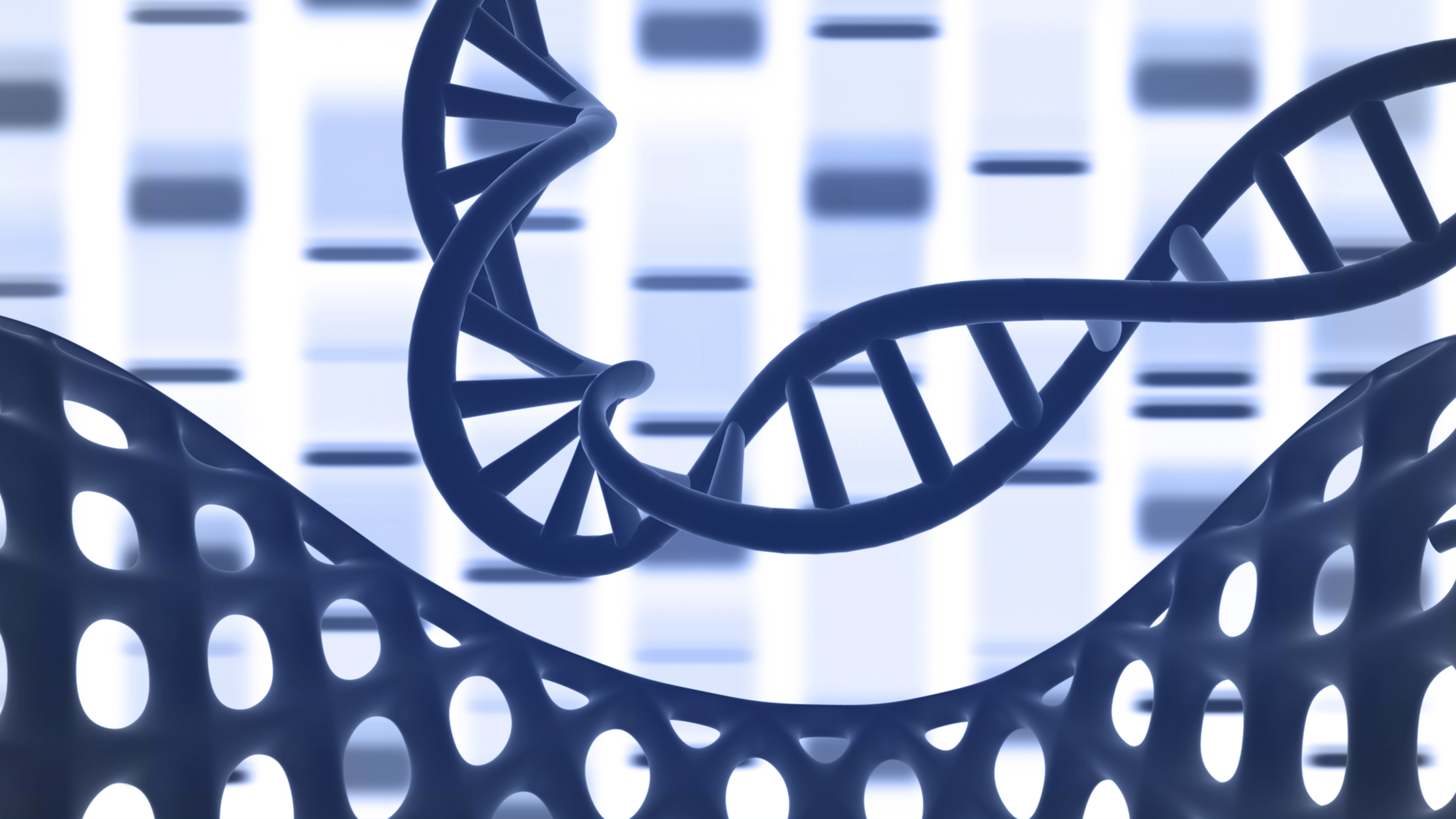4차 산업혁명의 핵심 바이오기술로 새롭게 등장한 ‘New biology’인 합성생물학 활성화 및 육성 기반 구축
BICS 로그인공지사항
등록된 게시글이 없습니다.
투표
더보기등록된 게시글이 없습니다.
일정
더보기등록된 게시글이 없습니다.
행사
더보기등록된 게시글이 없습니다.
Synthetic Evolution: Genetically Minimal Artificial Cells Prove “Life Finds a Way”
- 작성자이지연
- 작성일2023-07-13

Scientists discovered that a synthetic cell with a reduced genome could evolve as quickly as a normal cell. Despite losing 45% of its original genes, the cell adapted and demonstrated resilience in a laboratory experiment lasting 300 days, effectively showcasing that evolution occurs even under perceived limitations.
“Listen, if there’s one thing the history of evolution has taught us is that life will not be contained. Life breaks free. It expands to new territories, and it crashes through barriers painfully, maybe even dangerously, but . . . life finds a way,” said Ian Malcolm, Jeff Goldblum’s character in Jurassic Park, the 1993 science fiction film about a park with living dinosaurs.
You won’t find any Velociraptors lurking around evolutionary biologist Jay T. Lennon’s lab; however, Lennon, a professor in the College of Arts and Sciences Department of Biology at Indiana University Bloomington, and his colleagues have found that life does indeed find a way. Lennon’s research team has been studying a synthetically constructed minimal cell that has been stripped of all but its essential genes. The team found that the streamlined cell can evolve just as fast as a normal cell—demonstrating the capacity for organisms to adapt, even with an unnatural genome that would seemingly provide little flexibility.
omit
[SciTechDaily, 2023.7.8, https://scitechdaily.com/synthetic-evolution-genetically-minimal-artificial-cells-prove-life-finds-a-way/]
- 댓글 0
- 조회수217









 카카오톡
카카오톡
 네이버
네이버
 트위터
트위터
 페이스북
페이스북